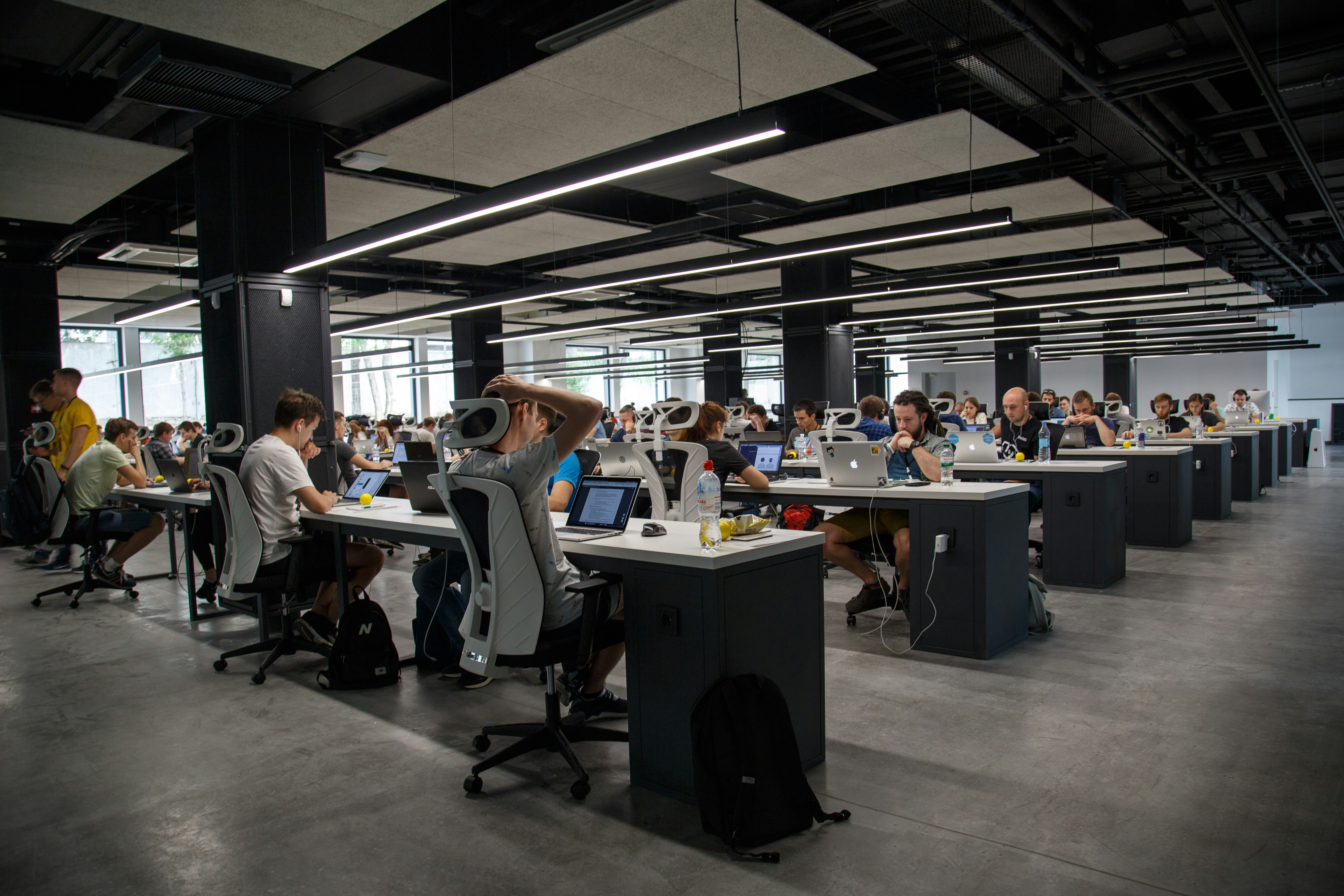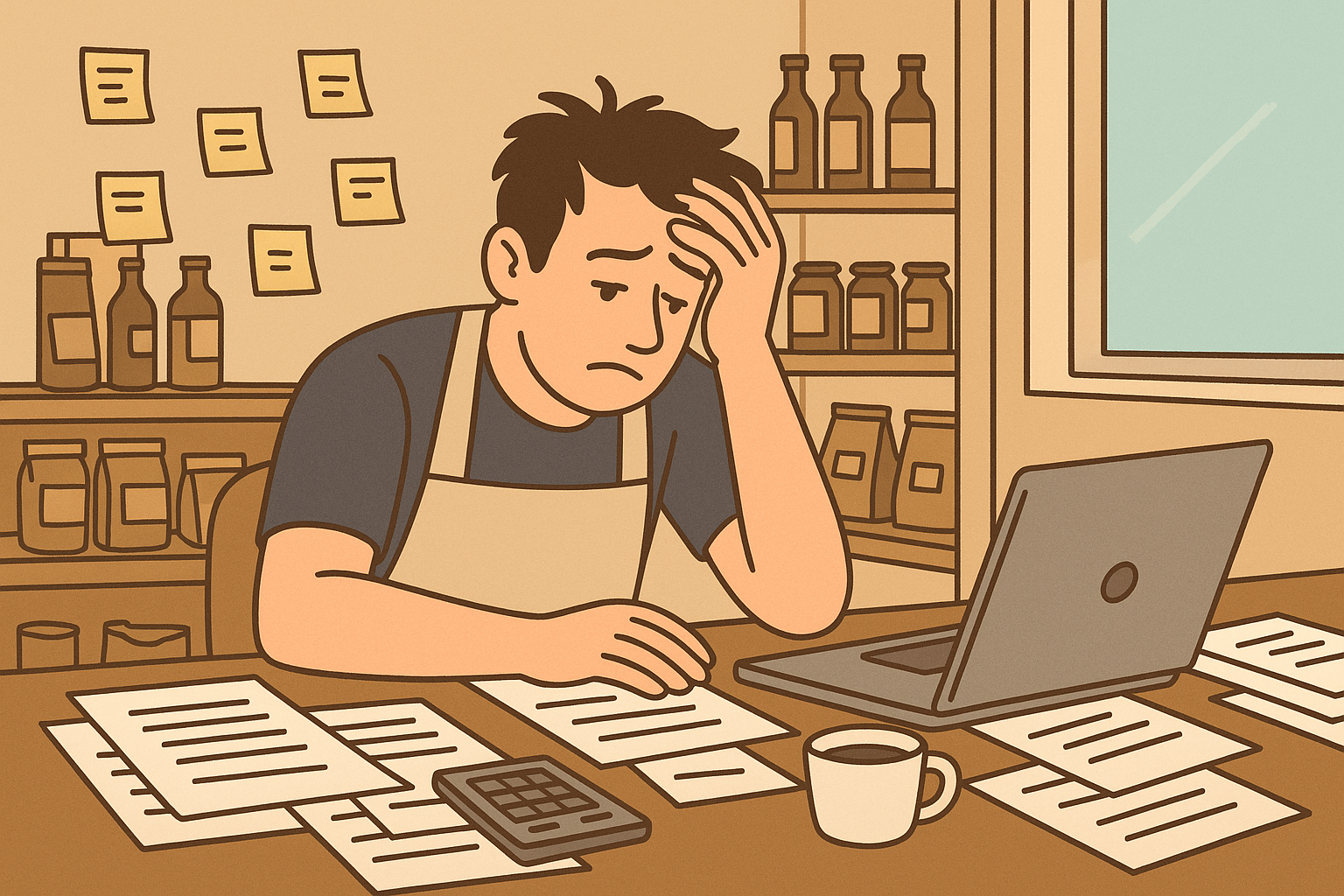What happens when your livelihood depends entirely on your decisions? When failure cuts deeper than finances—straight into your sense of worth? When your work isn’t just what you do, but who you are becoming?
These aren’t hypotheticals for small business owners. These are everyday realities. And while the world may celebrate the freedom of entrepreneurship, few talk about the inner toll it takes to carry a dream on your shoulders alone.
Let’s talk about it.
Why Is It So Different from Being an Employee?
Being an employee is like standing on a platform. There’s structure, support, and limits. But when you’re a business owner, you’re building the platform while standing on it. There are no guarantees. No fallback. No “that’s above my pay grade.”
The difference is not just financial—it’s existential. Your identity and your business often become intertwined. Every success validates you; every setback bruises your confidence. The stakes feel higher, because they are.

The Quiet Fears Nobody Mentions
There’s a fear that whispers in the early morning: “What if this month isn’t enough?”
And another that creeps in late at night: “What if I’m not enough?”
Small business owners don’t just fear market conditions or cash flow. They fear irrelevance, burnout, making the wrong bet. They fear disappointing those who believed in them. And sometimes, they fear success—because it might mean even less time for themselves, their families, their health.
Why Hope Still Wins
But for all the doubt and fatigue, there’s still something magical about building something from nothing.
It’s the moment you see a customer come back—not out of obligation, but loyalty. It’s the time you hit “send” on your first invoice. It’s the chaos of launch week. The silence of closing up shop at midnight. The pride of solving a problem nobody else saw.
Hope is what keeps you going. Not the blind kind, but the kind forged by fire. Every automation you install, every system you refine—it buys you a little more time to breathe, to think, to be human again.
How Automation Softens the Edges of Uncertainty
You can’t eliminate risk, but you can build rails. A good small business automation system doesn’t just save money—it relieves mental strain. You worry less about forgetting to follow up. You spend less time processing invoices manually. You stop being your own bottleneck.
Systems can’t replace vision. But they can protect it.

Tools like Make.com or QuickBooks workflows free you to focus on what only you can do—lead, decide, create.
Explore real-world frameworks in the Integration Patterns Library, or learn how to fix financial workflow pain points in the Reconciliation Guide.
